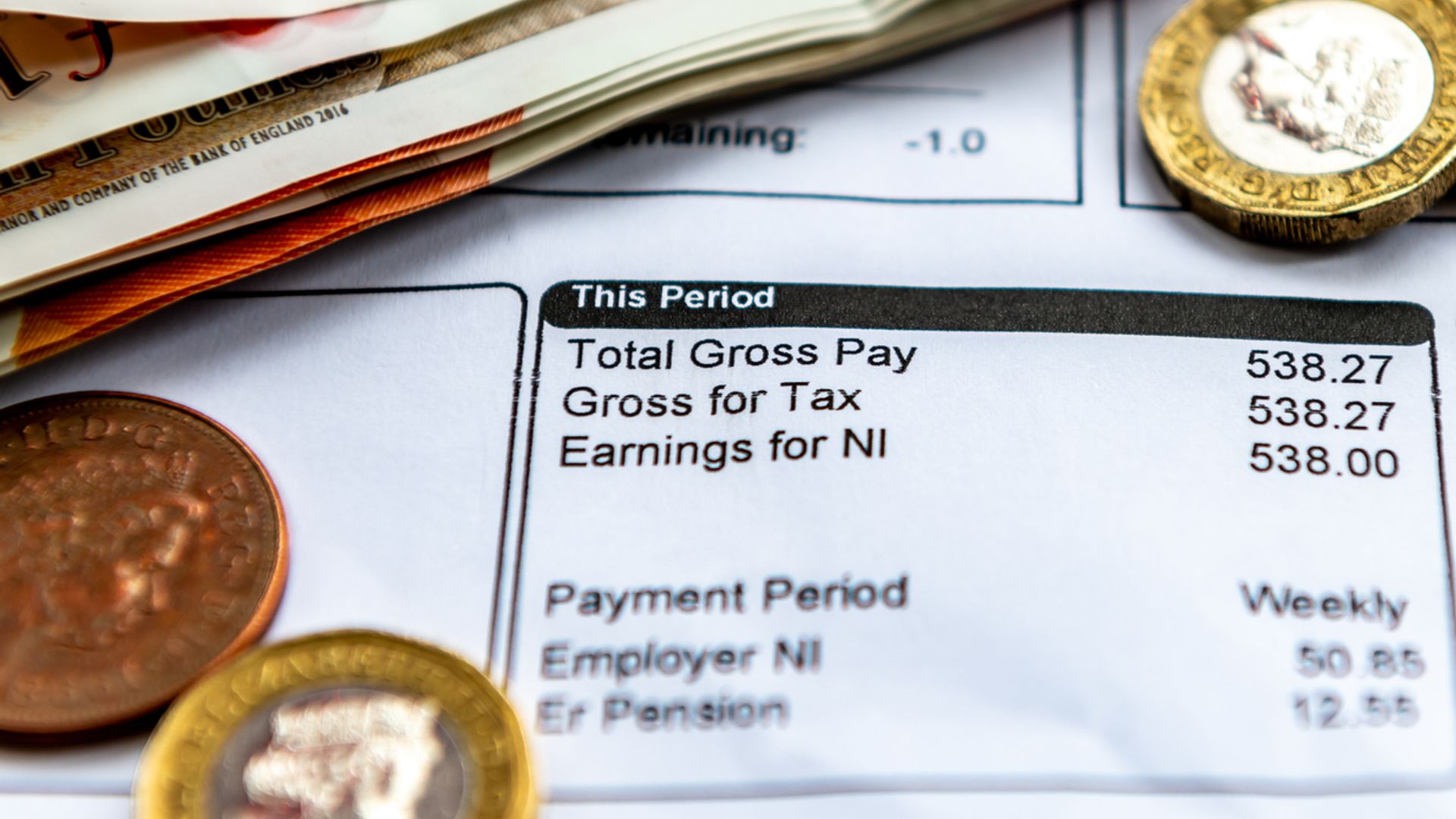
Portland’s rent board has found a landlord to be in “substantial noncompliance” with the city’s rent control ordinance for the very first time. But she’s unlikely to see any actual penalties.
Following nearly six hours of discussion during a Thursday night meeting, the rent board found Elizabeth Kane failed to register her long-term rental property at 36 Sawyer St. with the city in 2023, and then unjustly raised her tenants’ rent by 22 percent that year. That went beyond the allowable rent increase under city law, which was 7 percent in 2023.
“No increases should have been taken while the unit was unregistered,” Philip Mathieu, the rent board’s chairperson, said. “We may recommend penalties that are fairly substantial. … It is ultimately up to the city to choose how to enforce those penalties.”
But since rent control was instituted in Maine’s largest city three years ago, Portland has declined to fine a single landlord, despite nearly 200 complaints and dozens of violations along with repeated recommendations from the city’s rent board that it do so.
“To date, the city has not had to seek civil penalties in a rent control case because landlords have all promptly complied with our requests to remedy violations and we’ve achieved voluntary compliance without the need to go to court,” Jessica Grondin, a spokesperson for the city of Portland, said in an email.
The rent board will reconvene Monday to decide on the remaining allegations Kane is facing — including a charge of retaliation — and penalties. Kane already agreed to pay the back rent she owes, and the board could decide to fine her up to $500 for each day rent was collected on her two unregistered units.

But it’s likely that whatever decision the board makes will go unenforced. Some worry this pattern enables noncompliance.
“If they ultimately refuse to fine the landlord for what they have already found to be violation, the beat will go on for landlords to continue violating the law until caught,” Ethan Strimling, the progressive former Portland mayor, said.
Strimling appeared at Thursday’s meeting as an advocate for the tenant who filed the complaint, Bradley Davis. Davis, 27, hopes his case can be a turning point for the city and was buoyed by the rent board’s decision last week to reverse all rent increases imposed on him since 2023.
But Davis is concerned about the fact that if the city chooses not to enforce a civil penalty on Kane, she will have actually saved money — $95, he said — through this ordeal by not registering her unit last year.
“Having saved money in this situation just felt wrong to me,” Davis said. “It did not feel like the city was enforcing the law. It did not feel like there was justice served in this situation.”
Davis argues the lack of penalties is a disincentive for working people in Portland to speak up about what they perceive to be unlawful rent increases. It could mean renters endanger their housing stability, while their landlord actually saves money and falls back into compliance.
“You would need to impose fines as a deterrent to protect tenants,” Davis said. “As it stands right now, with no fines, the responsibility is on tenants and tenants alone to discover violations.”
The city’s position is civil penalties are, by law, to be corrective and not punitive. The goal is compliance, Grondin said, and so far each landlord found to be in violation of the ordinance has complied. The city has not yet considered Kane’s case as the rent board is still deliberating.
The vast majority of Portland landlords make a good faith effort to abide by the law, added Mathieu, the rent board chair. For example, Kane said Thursday she did not register her building because she believed it to be exempt. Once alerted to her noncompliance, Kane “proactively” contacted the city’s housing safety office to register, Mathieu said.
“Even if potentially some landlords might see the decision not to enforce penalties as an invitation to be out of compliance, I don’t think that would be representative of the vast majority of landlords in the city,” Mathieu said.







